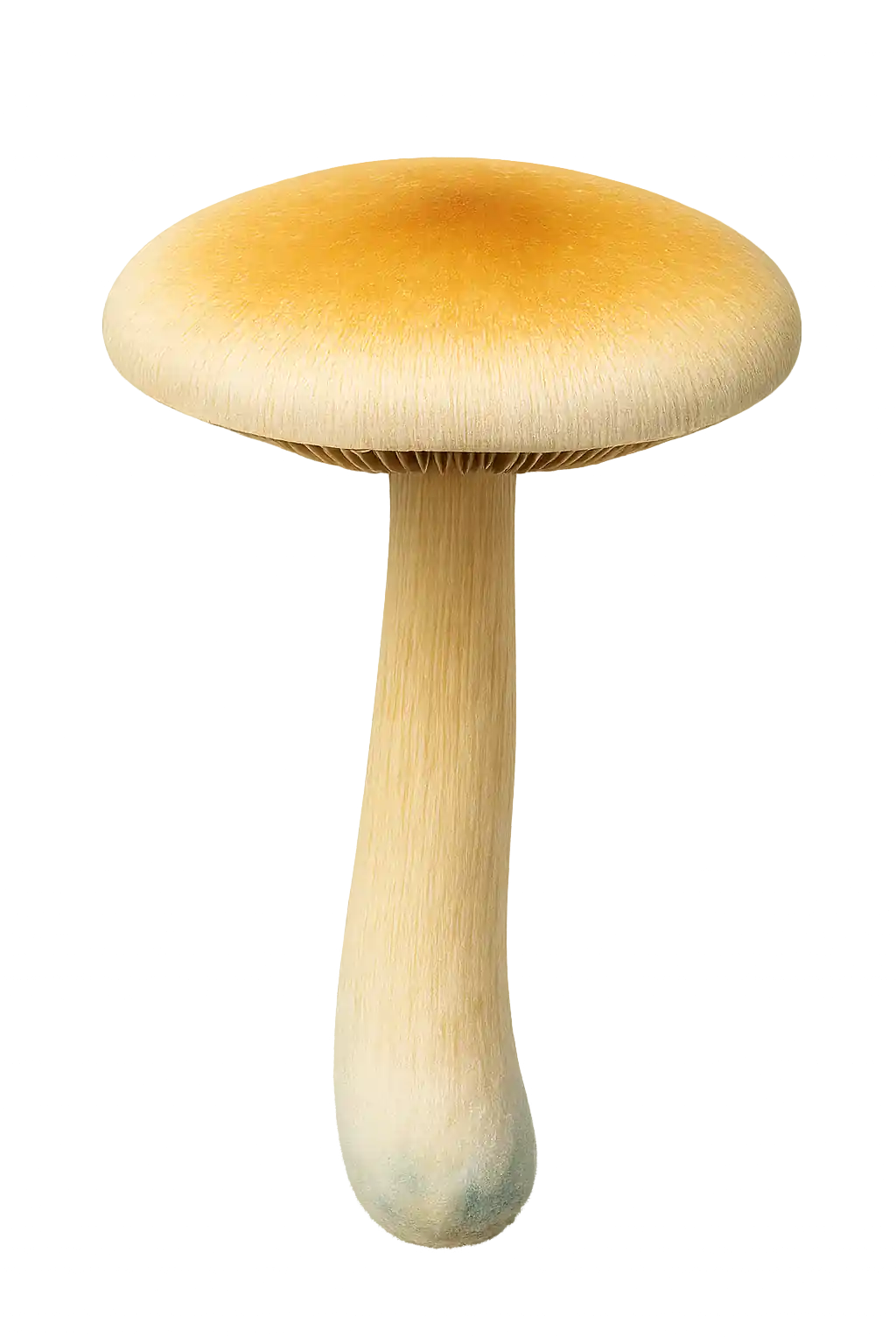The emphatic position
Costa Rica's drug laws list controlled chemicals (like psilocybin), but do not name or ban the naturally growing mushroom organism. Under the Constitution and Penal Code, penal laws must be explicit; judges cannot invent crimes by analogy. Thus, in practical terms, there is no statutory basis to criminally punish private possession or gathering of wild mushrooms.
Why that matters
- Nullum crimen sine lege: Penal laws must be clear — ambiguity favors the accused.
- Privacy & autonomy: Costa Rican constitutional protections limit criminalization of private, non-harmful conduct.
- Historic context: Indigenous iconography and regional artifacts show cultural familiarity with mushrooms — a reminder that lawmakers did not draft Law 8204 with wild fungi in mind.
When risk still exists
If authorities can prove extraction of psilocybin, possession of the pure chemical, or evidence of trafficking or distribution, those are separate offenses clearly covered by law. Avoid commercial activity and never trespass or damage property.
Quick, friendly tips
- Respect private property — don't walk into a pasture without permission.
- This site promotes sightseeing only. We do not endorse consumption.
- If you face legal questions, bring the white paper and primary sources to court — they make the legal point plainly.
Where we got this
Primary sources include the Costa Rican Constitution, Penal Code, Law 8204, Ministry of Health controlled-substance lists, and recent reporting and NGO analysis. See the linked documents above for citations and primary links.
If you'd like this page shorter, friendlier, or translated to Spanish, click Home and send us feedback — we're happy to tune tone and clarity.
